

Moving Into Soft Skills offers trainings and resources for facilitators and educators to identify needs and promote the development of soft skills via embodiment and somatics. It incorporates tools and principles from social pedagogy, contemporary dance, movement therapy and other experiential learning methods.
The project emerged from recognizing the needs for the development of soft skills and the experience of using embodied methods in the process. The focus is on eight soft skills that are widely recognized as important predictors for career success: adaptability, teamwork, leadership, communication, creativity, attention and focus, self-regulation and learning ability.
With financial support from the European Commission, the Soft Skills Mapping Tool and the Embodied Soft Skills Training resources are published as an open educational resource. Our objective is to be a valuable resource for facilitators and educators working with communities that would benefit greatly from the soft skills training but have limited access to existing market alternatives due to economic, social or structural reasons.


You might wonder, what is the connection between a human body and its movement and improving soft skills. Recall a moment when weight was lifted off your shoulders! It felt good, right?
This experience would not be possible without our bodies and us sensing ourselves. This ability is so self-evident that we hardly pay attention to it, but the MOSS team believes it is high time to acknowledge and value this resource. We live in, with and through our bodies, and somatic approach invites you to benefit from sensing, moving and giving shape to your goals in order to learn and thrive.
We understand somatics as an educational approach that prioritizes body and movement as the key dimension in developing soft skills. The mind exists within a living body. Movement experience is one of the sources of knowledge. By combining different movement activities with reflection, we increase awareness of our abilities and limitations, our patterns and tendencies. Many body experiences can be used as metaphors to understand better the processes and challenges we experience as professionals and as human beings - at work and in relationship with other beings.
Exposing ourselves to new body practices helps us to develop skills and change behavioural patterns. Movement gives us a chance to practice who we want to be and how we want to be. Therefore, it can be a much more powerful learning tool than books, lectures or discussions. Our approach seeks to acknowledge the value of the body, movement and our own experience as a way to continuously learn.
The soft skills we are addressing with MOSS cannot be learned from books, so what better way to dive into the skills than by moving, alone and with others!


Eastern Finland Sports Institute Education in Dance and Somatics is a year-long full-time vocational education program offered by Eastern Finland Sports Institute - a part of the Finnish network of sports institutes. Students of diverse backgrounds and from all over the world are supported in integrating the skills originating from somatics, dance and dialogical pedagogy in their working lives. The competencies taught include experiential education in somatic methods, movement exploration, improvisation, creative process and art, self-knowledge, self-organization and group facilitation skills.


Dance and personality culture center I-dejas Maja is an association of independent dance and somatic teachers. It is also a place in Riga, Latvia - offering 3 dance halls filled with more than 20 dance and somatic classes and workshops for the adults as well for youth and children. For several years I-DEJAS MAJA is the one of the Creative Quarters of Riga as well. Our main goal is to give the experience that empowers to really love dancing, moving and experiencing our body. The main quality is our offer - humble professionality in a cozy atmosphere.


Carinthia University of Applied Sciences is situated in southern Austria. Founded in 1995, it now offers 40 study programs for around 2000 students. Interdisciplinary work at CUAS is given high priority leading to new synergies between study areas. The MOSS project involves the Faculty of Health Care and Social Services. It offers BA and MA degree programs in Healthcare Management and Social Work, as well as BA degrees in physiotherapy, midwifery, occupational therapy, disability and diversity studies, as well as nursing.


Burdag Foundation supports experiments, innovation and learning in the field of dance, performance and creative exchange. Its mission is to develop and promote art and education related to the body, as well as support the community of choreographers, dance practitioners, teachers and learners. The Foundation runs Studio Burdąg - a space for interdisciplinary research, training and creative exchange in the Masuria region of Poland and facilitates Center in Motion - collective of choreographers in Warsaw.
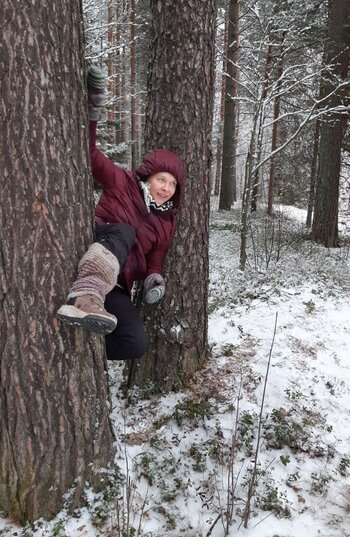

I have been fascinated by connecting somatics and working life for the last 30 years. I have experienced the benefits of embodied soft skills in my own life. And I have witnessed the transformation gained through embodied soft skills in the life of many of my students. This practical journey encourages me to share the approach with a wider audience.
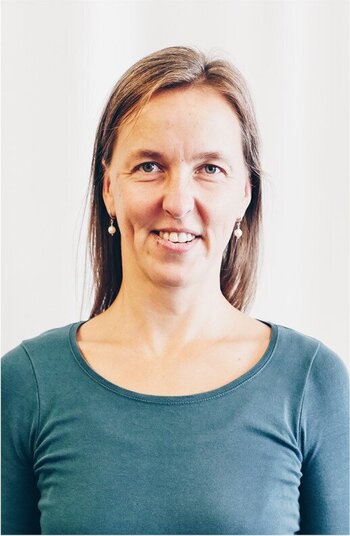

Somatic approach is learning through moving and being in contact with our bodies, and this is the main value that we share through this project - we offer an approach that involves the whole body to learn the soft skills. Thanks to my 15 years of teaching experience I believe that learning is easier when doing it embodied - learning is deeper through doing and easier through playing.
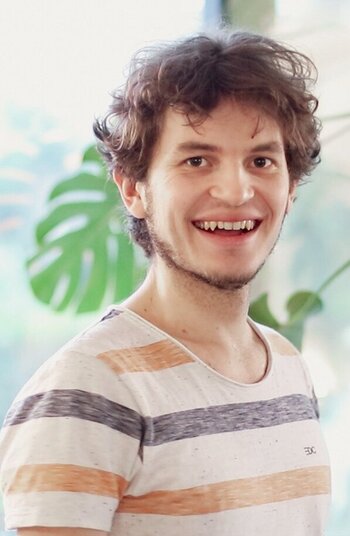

Having a background in IT and Mechatronics, I feel like my own experience with somatics, dance and martial arts has taught me about many soft skills that traditional education did not have the tools for. When developing these skills I feel like I have actually been learning what it means to be a human. With all the crisis in our world right now, I feel like we all need to understand what it is to be alive and walk on this planet along with other living beings, from experiencing, sensing and all the soft skills our cartesian society has prevented us from developing. I see the work of this project is part of a larger movement leading us away from that cartesian worldview.
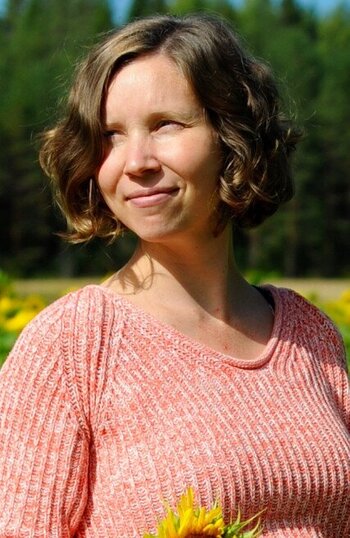

This project is an opportunity to work on a meaningful cause with inspiring people. I would like to see a world where people are more connected with themselves, each other and their environment. I believe that learning soft skills and somatics is an excellent path to that kind of a world.
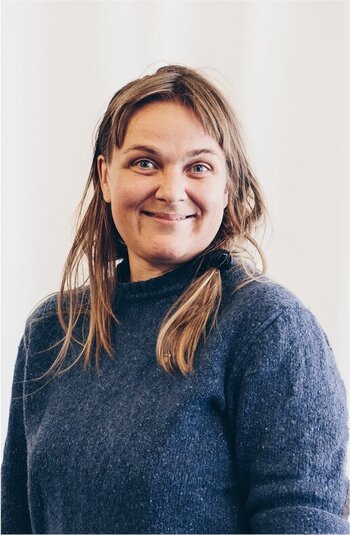

When I started studying movement, I inevitably stumbled upon uninhabited territories in my body and mind. Movement, somatics and experiences brought by group learning and supervision pushed me to explore myself from a new perspective. I found myself not only developing as a mover but also working through my relationship with society, time, tasks, uncertainty. Everything was revisited and much was brought to light. I explored my learning habits, education traumas, self-regulation needs... started paying attention to sensations and atmosphere and, ultimately, ended up redefining myself as a colleague, communicator and even a writer. I believe seeing ourselves as working bodies, rather than just intellects, can improve the way we work and make our work more fun. I want to develop something that can be easily used by people of all professions, to give a taste of something that is not just liberating and transformative but also easy and fun. Your body knows more than you think it knows, and I want to develop easily accessible tools for tapping into it's forgotten wisdom.
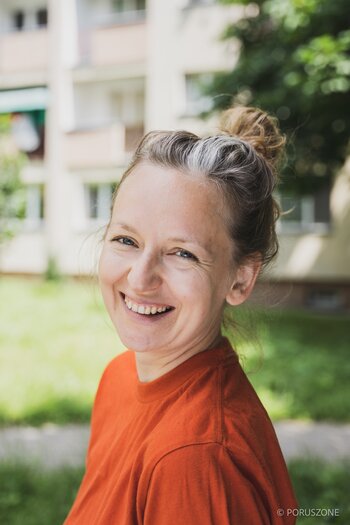

I wish to promote learning through movement - and make it widely accessible. For people. In their life and work. It's time for our society to grow into a movement and somatic literacy era, recognizing how through movement we can guide ourselves and relationships with others. Moving into Soft Skills is uncovering the knowledge that we, as a group of creators of MOSS project, have collected along the years of studying and practising somatics. Now we are making this knowledge easy to access, learn and share. Enjoy!
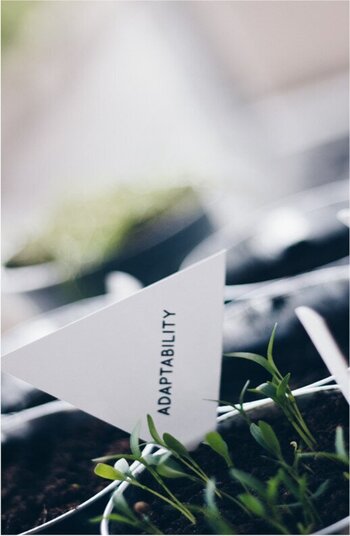

I would like to contribute to creating common understanding on how dance practices facilitate learning of soft skills. The knowledge, which I absorbed throughout my dance education and professional career extends far beyond artistic expertise. Working with bodies in motion has taught me a great deal about communication, leadership, creativity and empathy. My goal is to make the link between movement and learning of those skills and to facilitate sharing of this information with the general public.


For me MOSS project is a process of creating well combined packages of lessons to offer a well designed programme of self development. Not only development of intellect, of skills but the person as a whole, with body and mind working together. Even a short session of movement in a non judgemental environment creates a space where people can start to change, their perspective is getting wider, and they allow themselves to express more and to be more free.
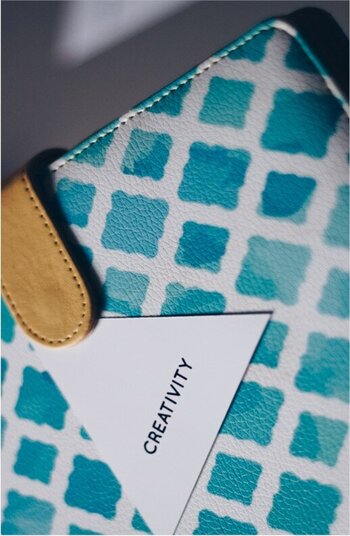

All the most powerful learning and change I ever have experienced has been related to movement and touch. I found a belief in myself while trekking across the Alps. I discovered my ability to be emphatic and to connect to another person, while learning massage in Thailand. I learned how to set and achieve goals while training for a marathon. As an educator I have been integrating various body practices in groups of young people and adults for around 10 years, and the outcomes of this work have made me believe that body based work is a key not only to personal empowerment, but also to transforming communities, creating more nurturing and encouraging environments for everyone.
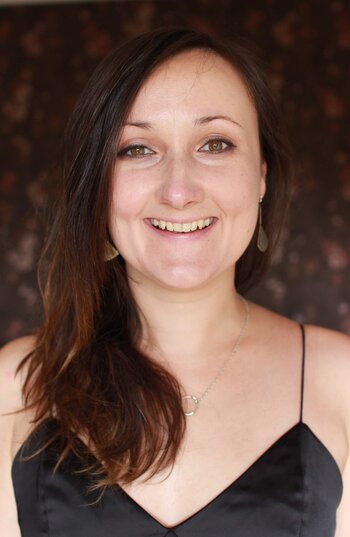

I have been interested in human psychology for many years and after completing a certification in executive and life coaching I felt that it missed a crucial element of understanding the impact of human actions on the person as whole. I went to study movement and somatics as I wanted to have a better understanding of the body mind connection. The results were beyond surprising and I noticed how working with my body helped in other areas of life. I find the MOSS project very important because I want more people to learn the importance of seeing the link between our minds and our bodies.
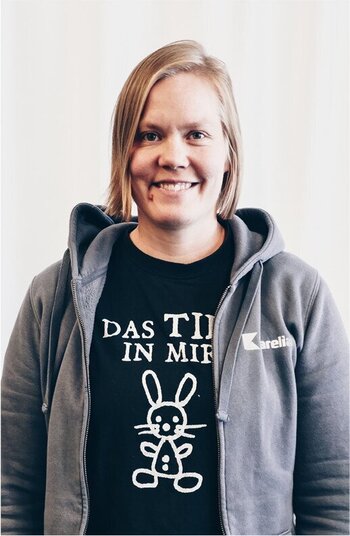

When I was asked if I would be interested in joining the project group I gave it a thought and figured that saying "yes" opens a door and saying "no" doesn't. I had liked ISLO so much that I thought this could be cool. This is my very simple reason to be part of this consortium. I see a lot of potential in introducing more somatics to the general public. I think our project has come a long way and it's been good to hear the positive feedback.
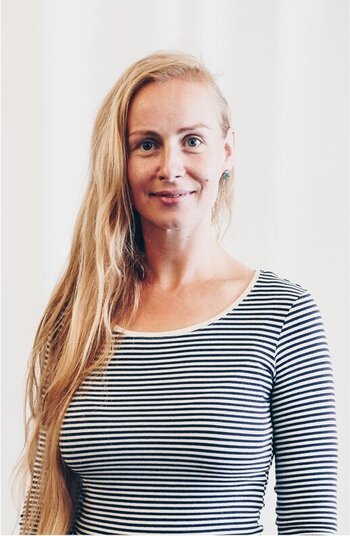

I was dreaming about a project like MOSS since 2014 when I realized the power of embodied learning outside the dance field. When I noticed how my soft skills are changing along my studies and work in somatics, I became determined to share this learning approach with as many as I can.